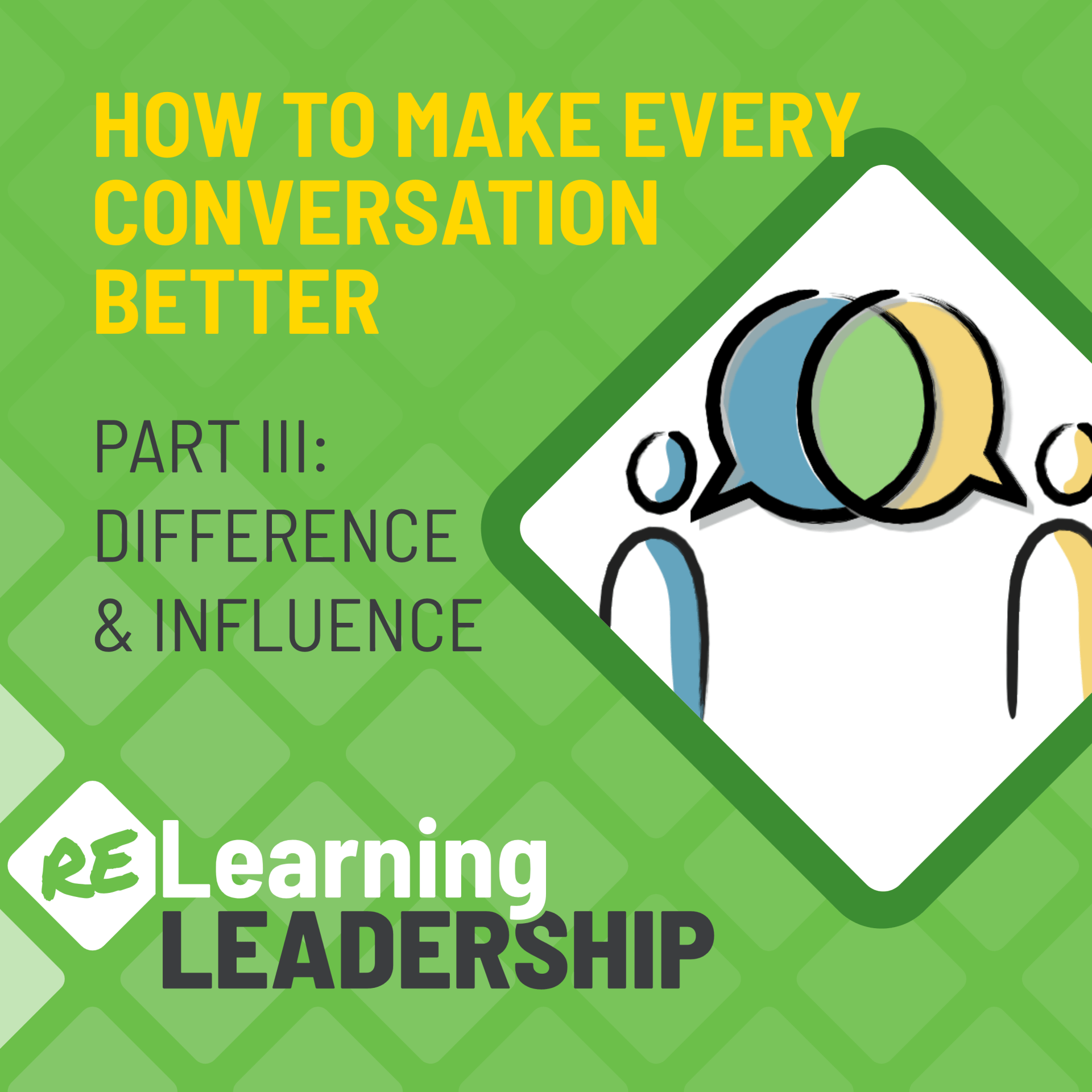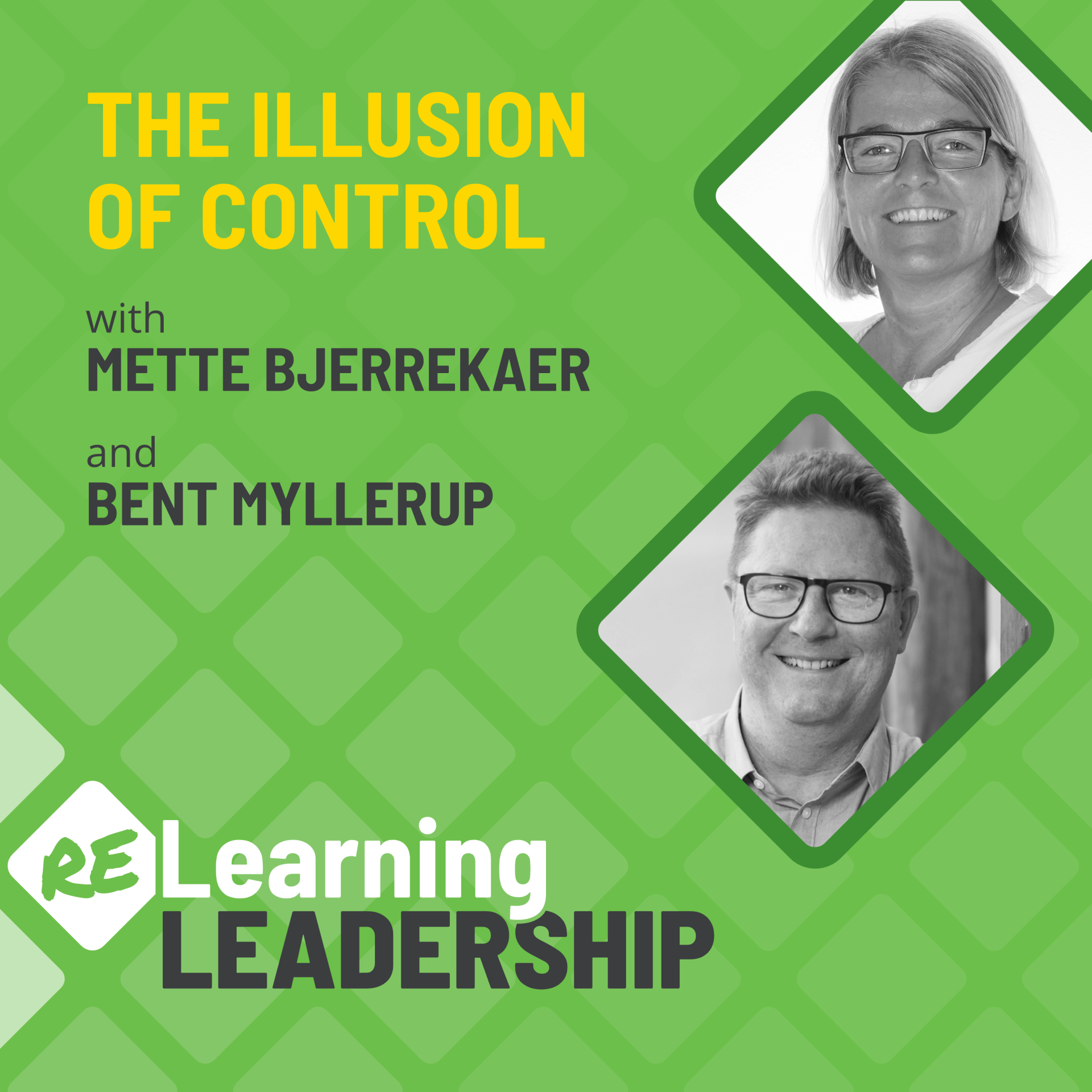The Armchair Imposter
How can I feel both confident and fraudulent at the same time?
As leaders, we are expected to be both competent and confident. That can be a tall order. At one time or another, we all lack one or the other. Sometimes, we feel as though we are lacking when in reality, we are not.
Recently, our Agile Leadership Journey community read Adam Grant’s Think Again, where Grant introduced two concepts: The Armchair Quarterback and Imposter Syndrome. What we observed was that both confidence and competence live on their own spectrum, and where they intersect influences how we show up in the world. While it is easy to say we should be balanced (Confident Humility) — in reality — I believe it is much harder to do.
Let’s explore and maybe we can both learn about ourselves a bit more.
What is an Armchair Quarterback?
Armchair Quarterback Syndrome, also known as the Dunning-Kruger effect, is an over-belief in yourself without the skills or expertise to back it up. You experience moments of high confidence and act as though you can, lacking self-awareness around whether or not you should.
Based on my bar and sports watching research (and sadly at children's sporting events too), I can confidently say that 90% of the sports enthusiast population exhibits signs of Armchair Quarterback Syndrome on a weekly basis. You’ll see who these people are when a call is made in a sports game, from the referees, coaches, or players. They are the ones who loudly object, insisting that they would have made a different — better — call.
Sometimes this Armchair Quarterback feeling enables us to take bold steps and try things that are beyond our abilities, which creates experiences that help us grow. On the flip side, it can get us into trouble by allowing our opinions to dominate, regardless of the fact that we may not be the most knowledgeable in the room. The Armchair Quarterback exhibits a confidence that may attract (or repel) others and projects the image that we know more than we do.
In short, this shows up when our confidence exceeds our competence.
What is Imposter Syndrome?
Imposter Syndrome is a lack of belief in yourself despite experience or expertise that says otherwise. It’s feeling like you’ll be discovered as a fraud, even though you have the credentials to back it up. Interestingly, it’s where you don’t feel as competent as others perceive you to be. Another way to say it is that it shows up when our competence exceeds our confidence.
Sometimes this imposter feeling drives us to work harder, learn more, leave our comfort zone, and potentially grow past it. More often it holds us back, keeps us quiet, shuts us down, and becomes a toxic cycle of inadequacy.
One estimate indicates that
70% of people will experience at least one episode of Imposter Syndrome in their lifetime. Really? Maybe it is just me, but I experience Imposter Syndrome on a daily and weekly basis. It’s hard for me to imagine the other 30% — are they arrogant asses, ignorantly unaware, or both?
Can the Armchair Quarterback and the Imposter coexist?
Both the Armchair Quarterback and the Imposter fall on a spectrum between how you see yourself and how other people see you. At times, however, I feel both simultaneously. If these two ideas exist on a spectrum, how is that possible?
Leadership is often a lonely sport. In some ways you can be on top of the world, feel important, people coming to you, people respecting you, people listening to you, etc. In other ways it is easy to feel like a fraud, feeling alone, wondering if you are making a difference, people not needing you, etc.
Thankfully, I have moved past the Armchair Quarterback with respect to watching sports, but do often find myself pontificating on topics I have been studying for years on leadership, coaching, organizational systems, and agile ways of working. As Adam Grant shares, I can easily slip into Preacher, Politician and Prosecutor modes when we walk into my expertise arena.
I can preach an hour long sermon during a sales call, webinar or conference talk. In fact, I can preach for a couple of days when I am leading a workshop on the subjects at hand. Possibly I am preaching right now ;)
Where it gets interesting is at the same time, I find myself cuddling up to the Imposter candle with a blanket and hot tea when I sit down to write on these same topics. The standard mantras of self-doubt inevitably pop up: “Who am I to speak on this topic?” “Where is your research and data to back up what you are saying?”

When a colleague proposed that I speak at a TedX conference, I found nothing valuable “enough” to speak on. It froze me in my tracks. Is it just me? Am I alone in this feeling? In one moment full of pride and confidence and another feeling inadequate and undeserving.
It is easy to ride the roller coaster up and down. Recency bias might leave us on a high when we are rewarded for our leadership and a low when we are threatened in our own leadership. This often happens when I write articles for magazines or give talks to conferences. On one hand, I am seen as an “expert” in my field, and on the other, I question why my experience should be a beacon for others.
Rather than having an angel and devil on each shoulder suggesting the “good” and “bad” choice to make, I have an Armchair Quarterback and an Imposter on each of my shoulders stroking my confidence and spotlighting my flaws. “You are the best.” “You don’t belong.”
If you struggle with this balance, you are not alone. If you find yourself getting stuck on one side or the other, you are not alone. If you get frustrated with others who are stuck on one side, you are not alone.
How does one live at the top and bottom of this emotional rollercoaster at the same time? Is it wrong or normal? Or are we better to stay on one side of the fence, tiptoe along the line, swing back and forth, or vacillate between the two?
Why do I care?
First, I want to walk the line of confident humility more constructively. Rather than focusing on the negatives of the Armchair Quarterback and the Imposter, can we just grab the positive of each and create a righteous cycle (vs. vicious cycle)?
When I am closer to the Armchair Quarterback, I have the confidence to move myself, others, and indeed entire organizations towards a new future. Confidence is contagious. With the right level of pragmatism and realism, it can inspire and motivate positive change.
When I am closer to the Imposter, I have the humility and openness to check myself and my ideas. I open myself up and question my own ideas which enables me to discover new ways of thinking about things. It brings me closer to others because they see me as more human, grounded and relatable. And in this way, I can be an inspiration that allows them to take a confident step forward.
Polarities or Partners?
The Armchair Quarterback and Imposter appear to live on two sides of a seesaw. We seem to expect that confidence and competence have an inverse relation to one another. When one goes up the other goes down and vice versa. We might make big swings and stay on one side or the other for long periods of time. In fact, some of us may only have experienced one side of the spectrum.
At their worst, each is a dysfunctional state of being. No one likes someone full of hubris or so knowledgeable, it’s intimidating. While I can imagine a potential human who lives in such a state, I don’t believe I have actually experienced such an individual. Mostly what I experience is where we slip into one or the other.
It might be interesting to connect these to what we call power style — a spectrum from assertive to accommodative. To assert means you put yourself before others. To accommodate you are putting others before yourself. An Armchair Quarterback, full of confidence, is more prone to put their interests, opinions and priorities ahead of others. An Imposter, lacking confidence, is more prone to put others’ interests, opinions, and priorities ahead of their own.

Badminton or Balance Board?
I am teaching myself to find the line of confident humility, however challenging. I want to identify with the positives of each while avoiding the negatives. While I know it requires a balance, I find myself looking at this as a game of badminton rather than riding the balance board.
Balance is a funny thing. It doesn’t exist as a state. Rather, it is the act of managing multiple states simultaneously. Standing on a balance board, there are two end states, left foot down or right foot down. The act of balancing means constant and continuous force left and right. While we might find a momentary state of stability, even the slightest thought, movement or distraction puts us back into a wobbling active management.
This is the trick with polarities, moving them from the badminton court to the balance board. Reducing the pendulum swings and finding ways to be both at the same time.
Simply in writing this article I find myself building confidence. My Armchair Quarterback is telling me that I have 30 years of personal leadership experience and 15 years of teaching and coaching experience to share. My imposter is reminding me that my degree is not in psychology, nor in the study of confidence, pride, and the feeling of inadequacy.
Yet, I’m finding benefits of leaning into both because the awareness allows me to assess where I need to volley back to the other side in search of that place of confident humility.










